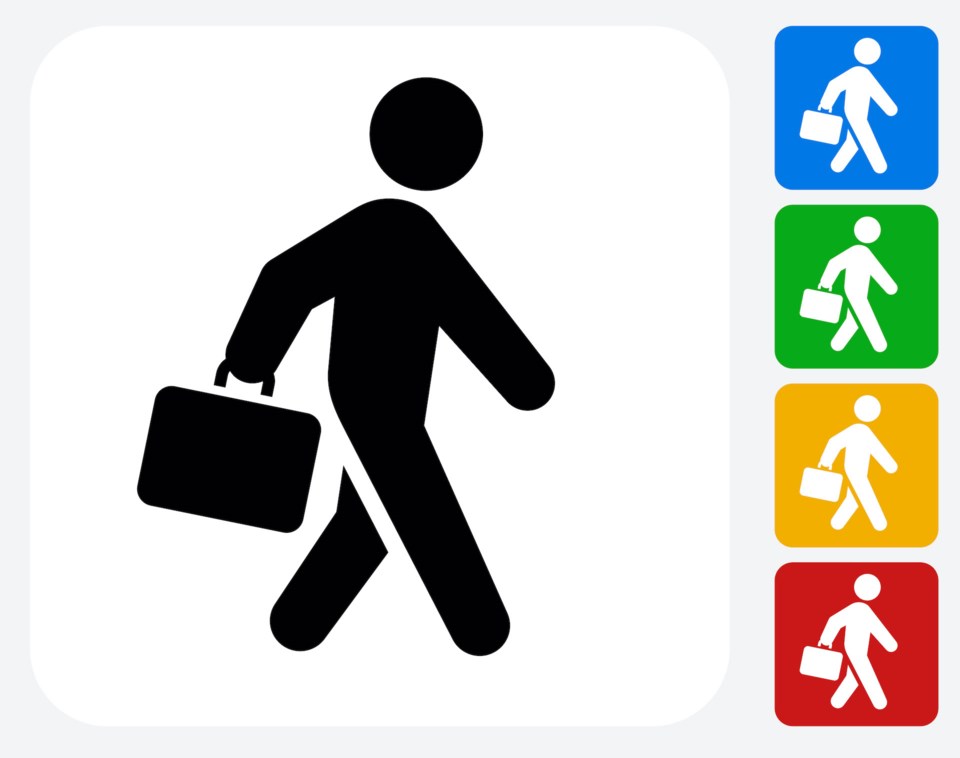Reflecting on the case of Squamish’s Sam Fitzpatrick, who died on the job in 2009, how protected at work are local employees today?
According to WorkSafeBC, 139 work-related death claims were processed in B.C. in 2020. There were 140 in 2019.
Between 2001 to 2020, there were 3,001.
Employment and labour lawyer Andrea Raso, with Clark Wilson, told The Chief that one thing to remember in the Fitzpatrick case is that criminal charges were being pursued against his employers.
Because somebody might be imprisoned — lose their freedom — in a criminal case, there is so much more caution that goes into bringing those cases to court and making the decisions regarding them, she noted.
But there have always been Occupational Health and Safety (OH&S) laws in B.C. that require employers to take reasonable precautions to protect the health and safety of workers, Rasso said.
For example, she noted, a lot of the COVID safety protocols we are now familiar with in our workplaces have, over time, come out of health and safety laws and the protocols required to keep employees safe.
Typically, OH&S involves administrative penalties or there are fines, rather than prison time.
Fines can sometimes be significant, up in the $600,000 range.
“So, I think employees should have that sense of security that there is that legislation that employers have to abide by. Whether or not it meets the threshold for a criminal offence is a whole other story,” she said.
Raso said what she does see happening is that fines for employers are becoming more substantial, under OH&S legislation to act as a deterrent.
If the employer has been negligent and an employee has been hurt, there are remedies for the employee.
“If they are injured on the job, they get Worker’s Compensation benefits, and they could get a permanent disability award or a partial disability award and then the employers are fined,” she said.
Cold comfort for those wishing for a criminal conviction in the Fitzpatrick case, undoubtedly.
The bottom line is both employers and employees have duties and obligations under Occupational Health and Safety regulations, “to ensure that the workplace is one that is healthy and safe,” Rasso said. “And where there is a breach of those duties, the employees have the right to refuse to work and to not be retaliated against for the refusal of that work and the employers have the obligation to do whatever is reasonably necessary to ensure a safe work environment.”
She added that employees also have to take steps not to be negligent or do things that put themselves or their co-workers in danger.
We all deserve to make it home safe from our jobs at night, and we all lose when one of us doesn’t, as Fitzpatrick’s case has so strongly demonstrated with the many hearts left shattered after his passing.
Something to consider if you or someone else is being asked to do something that doesn’t seem safe at work today. “No, I refuse because it isn’t safe,” is a complete sentence.




